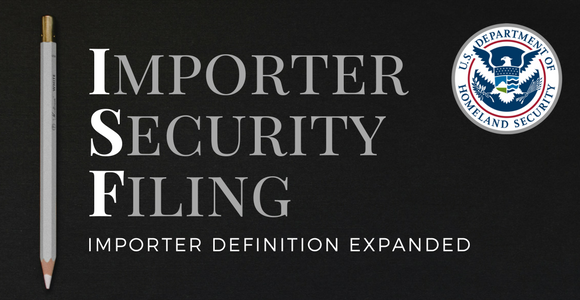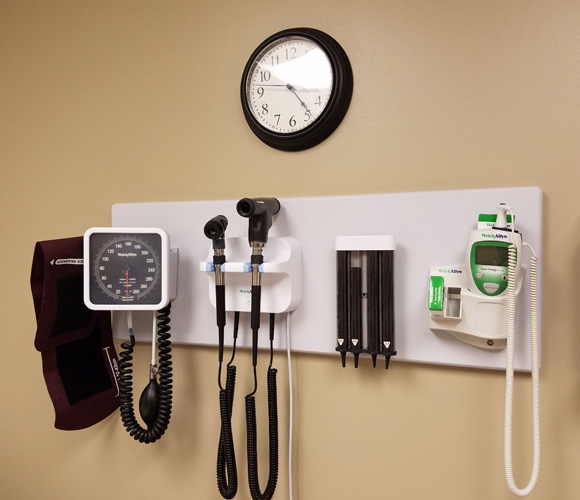Get Duty Drawback on Section 301 Duties

In a message from Customs, it has been officially announced that Section 301 duties are eligible for duty drawback. This is great news for importers. Section 301 Background In April, the Trump Administration proposed tariffs on 1,333 items under Section 301 and stated that the official list would be announced June 15, 2018. That official…
Read More »










